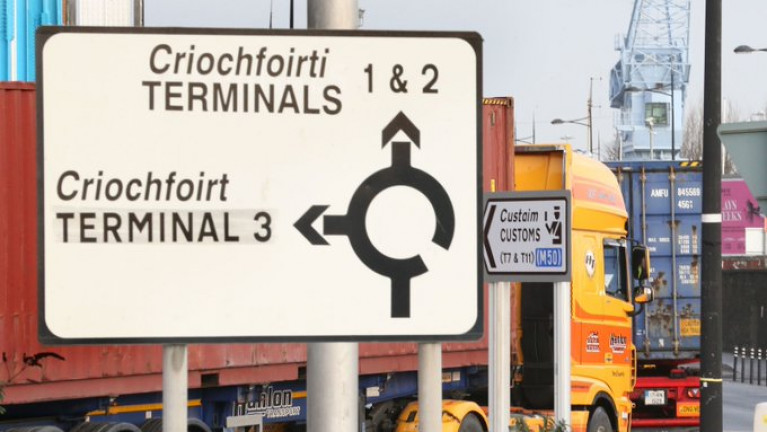Displaying items by tag: Pandemic Rules
Irish Ports & Airports in Breach of WHO Pandemic Rules
In documents seen by RTÉ News, Ireland is in breach of the World Health Organization's International Health Regulations (IHR) on contagious disease control by failing to designate a 'competent authority' at its ports and airports.
The documents also show that Ireland has been non-compliant for approximately a decade, despite high-level discussions on the issue between the Health Service Executive, Department of Health and Department of Transport.
Under the IHR a 'competent authority' at points of entry must be designated to monitor the risk of dangerous contagious diseases entering the State.
Ireland has no such designated competent authority points of entry to the country.
Ireland reported substantial compliance in most other areas of the IHR, which were updated in 2005 to improve international pandemic preparedness in the wake of the 2002-4 SARS epidemic.
In a statement, the Department of Health said that the non-compliance with the IHR does not affect Ireland’s pandemic response at ports and airports in any practical way. The statement said that checks are carried out by health officers under existing domestic law and other regulations.
In the records, released under Freedom of Information, senior HSE staff expressed concern that the failure to designate a competent authority at points of entry was also a breach of EU cross-border regulations, which require IHR compliance.
In a document dated January 2020, Dr John Cuddihy, the Health Surveillance Protection Centre’s interim director, reported that no competent authority existed at Dublin, Cork and Shannon airports.
The ports of Dublin, Cork, Rosslare, (incl. ferry operations) along with Limerick and Waterford also recorded no designated competent authority.
RTE has much more here on this story.





























































